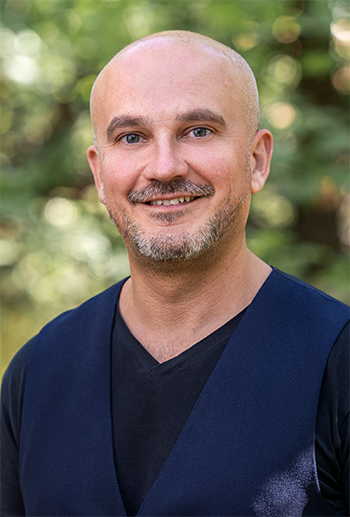New research centre to strengthen Sweden’s food supply chain

Recent years have exposed significant vulnerabilities in both Sweden’s and the global food supply chain, driven by extreme weather, the COVID-19 pandemic, and Russia’s invasion of Ukraine. Now, KTH Royal Institute of Technology has been appointed coordinator for a new research initiative aimed at addressing future challenges in the food system.
Sweden faces numerous challenges in food production. Climate change over the coming decades is expected to bring more frequent extreme rainfall, prolonged droughts, and heatwaves. The ongoing loss of biodiversity on land and in the oceans, coupled with deteriorating soil health, represents a global crisis that affects many crops. In addition, Swedish agriculture is grappling with low profitability and difficulties in generational renewal among farmers.
An increasingly complex world
This is where PLENTY—a centre for symbiotic and circular food systems—comes into play. The goal is to improve food supply chain management in an increasingly complex world.

“We want to make the most of what we have in food production. That means utilizing everything. Take rapeseed oil as an example. It is extracted from rapeseeds, leaving behind a byproduct—a press cake—that is rich in dietary fibre, antioxidants, and protein. This could be used for human consumption rather than just animal feed or biogas production, as is common today,” Francisco Vilaplana says.
Mapping byproducts
He is head of the new PLENTY research centre. To better utilise such byproducts, researchers need a clear understanding of what is available. Vilaplana explains that only the surface has been scratched so far, making the mapping of byproduct streams a key component of PLENTY.
“It’s not just about food. Food production is influenced by factors like animal feed, water supply, and fertilizers—the latter being something Sweden heavily relies on imports for. We aim to work on everything necessary to produce food," Vilaplana says.
He adds that it’s about the bigger picture, focusing on how society, systems, technology, and innovation all contribute.
“This includes consumers’ views on food derived from byproducts and waste, as well as assessing potential future disruptions,” Vilaplana says.
PLENTY’s total budget is 85 million kronor over four years, with 60 million provided by Formas, a Swedish research council, and 25 million from various partners. The initiative will involve a wide array of researchers at KTH, building on the theme of "circular food systems" developed under KTH FOOD, an internal program promoting sustainable and healthy food systems.
Formas has also announced other research centres aimed at strengthening Sweden’s food systems. In addition to PLENTY, KTH will participate in the PLATE and FORCE initiatives.
Text: Peter Asplund
